
This week’s Camp Au Pair theme is Dinosaurs.
Crafts, recipes, activities, and games related to dinosaurs can all be found here on the Camp Au Pair – Dinosaurs pinboard.
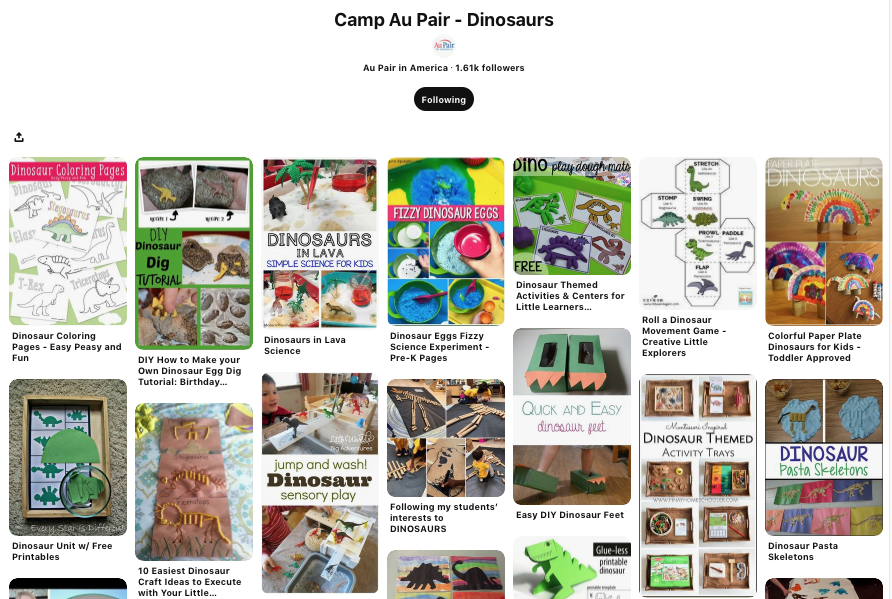
Field Trips can be a great way for kids to learn and have new experiences. Get permission from your host parents before any outings and be sure to take all social distancing precautions.
Here are a few places to go that fit this theme:
-
- Children’s museum with dinosaur exhibit
- Natural history museum
- Nature center with fossils
Toys – Many kids have dinosaur toys already. See what your kids have and think of fun, new ways you can play with these toys with them. Imagine taking a plastic dinosaur and making footprints in play dough to form your own fossils.
Webcam – This NPS Paleontology Lab offers a webcam where you can watch paleontologists remove rock from around fossils. The cam is normally working 9 am-5 pm PST, so 12-8 pm our time.
Videos – Look for fun videos on YouTube about dinosaurs and fossils. Here are a few to get you started.
Movies – The Good Dinosaur, Land Before Time, and Ice Age are all great family movies that fit with this theme. For older kids, consider movies like Journey to the Center of the Earth and Jurassic Park (which is rated PG-13).
Books – Check your kids’ bookshelf for books on dinosaurs.
Photo: krojotak.com

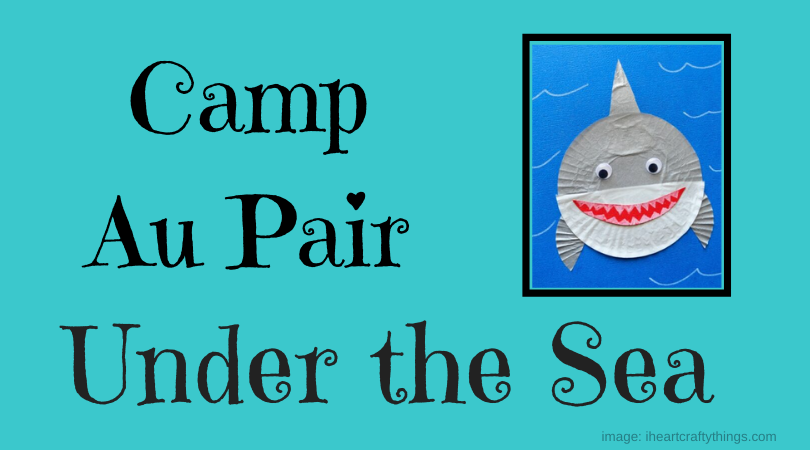
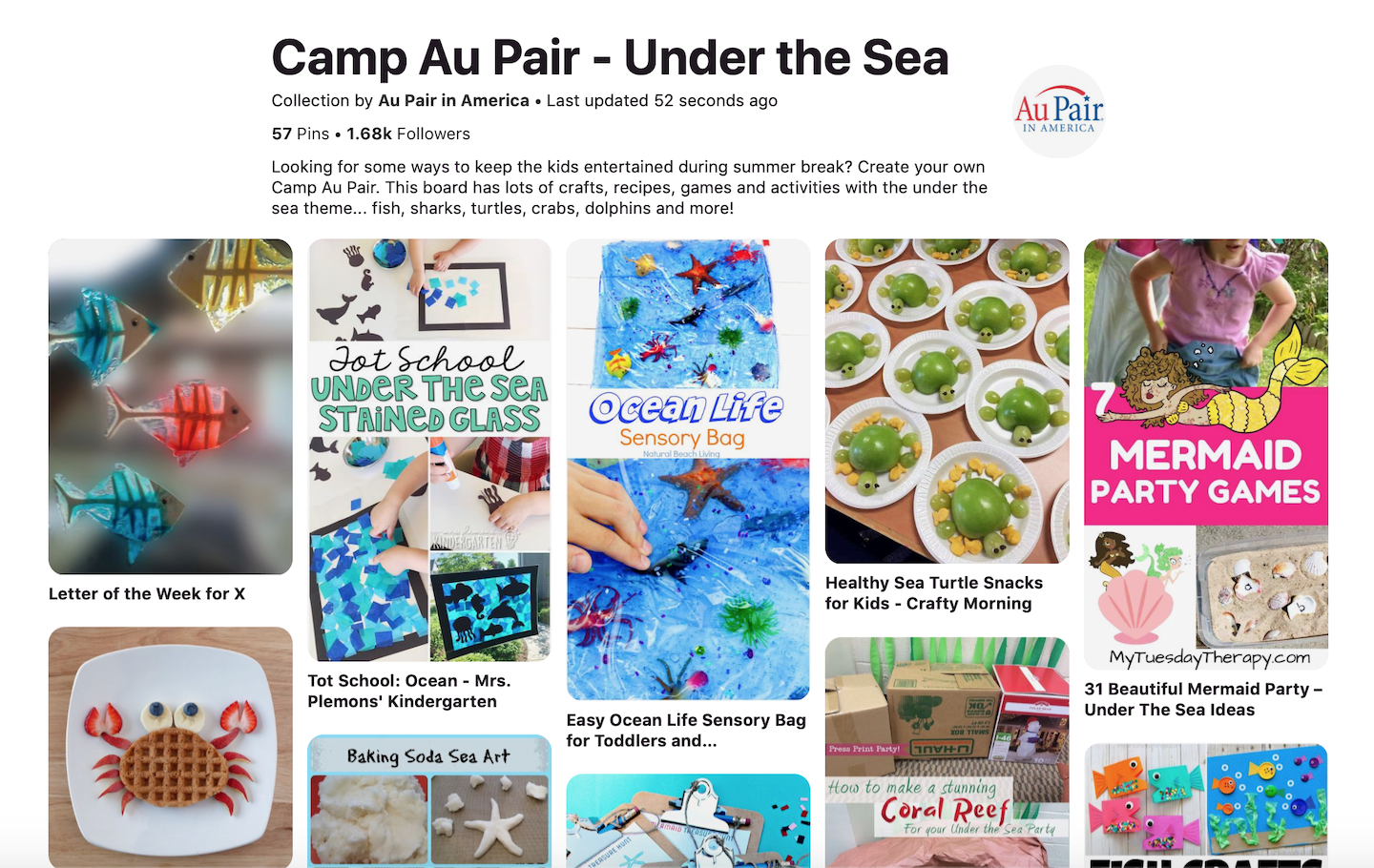

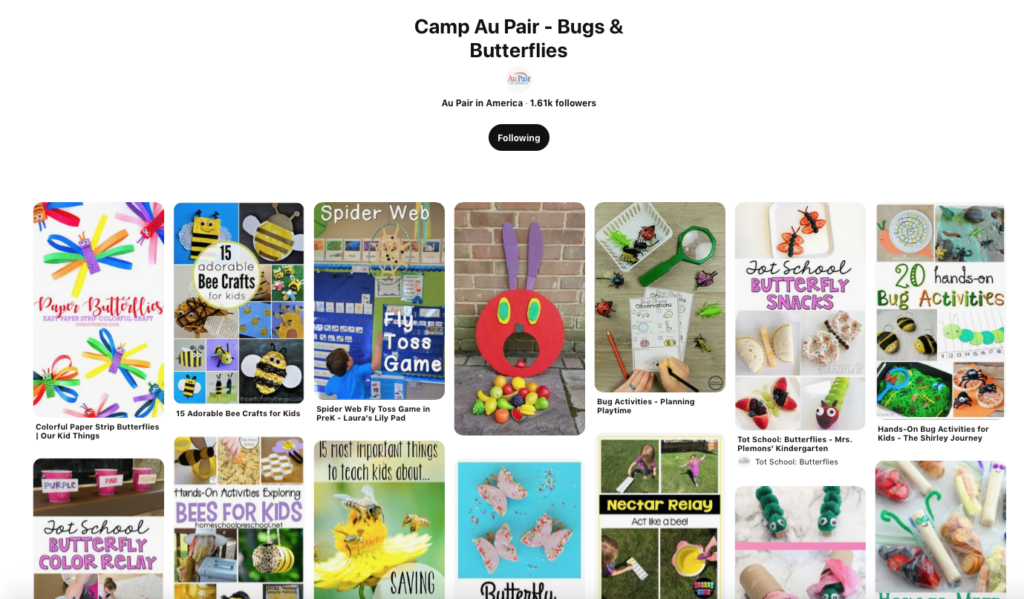
 Next week’s Camp Au Pair theme is Outer Space.
Next week’s Camp Au Pair theme is Outer Space.

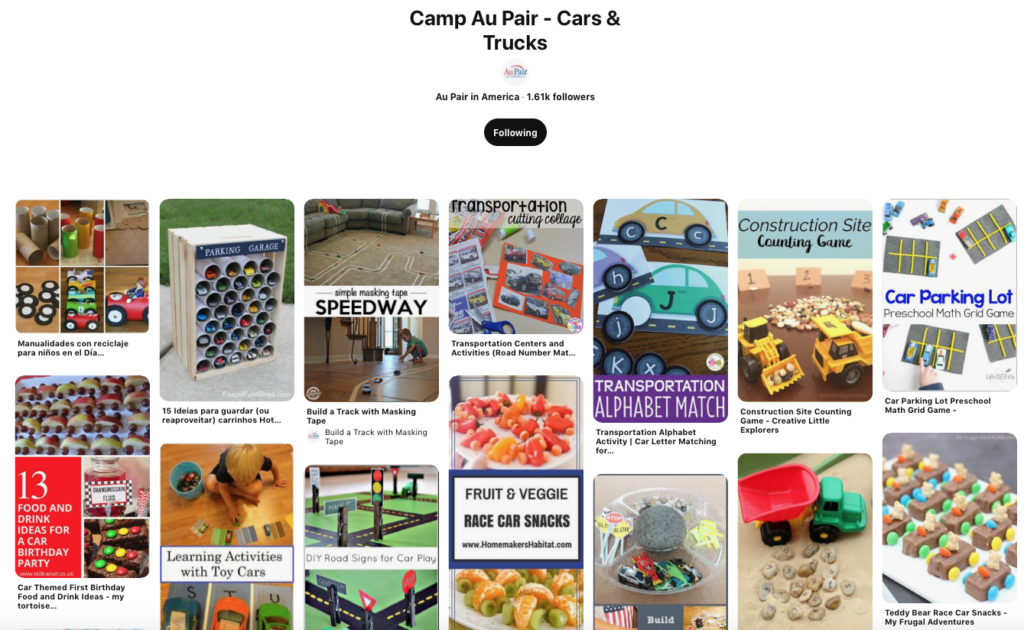


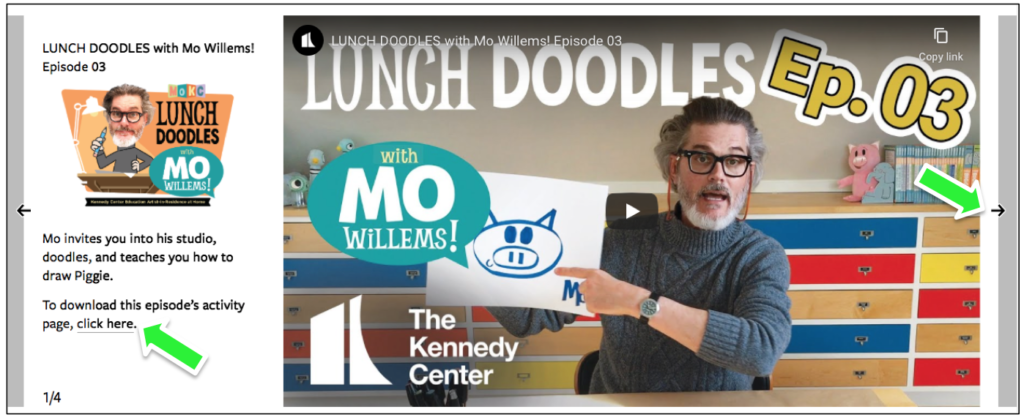

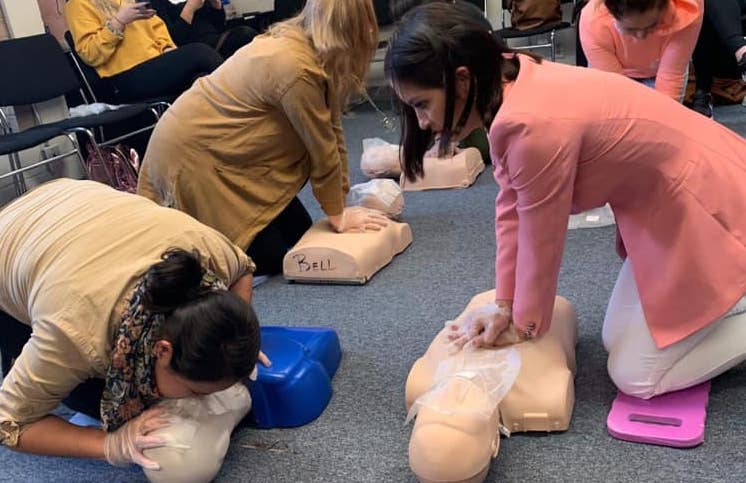
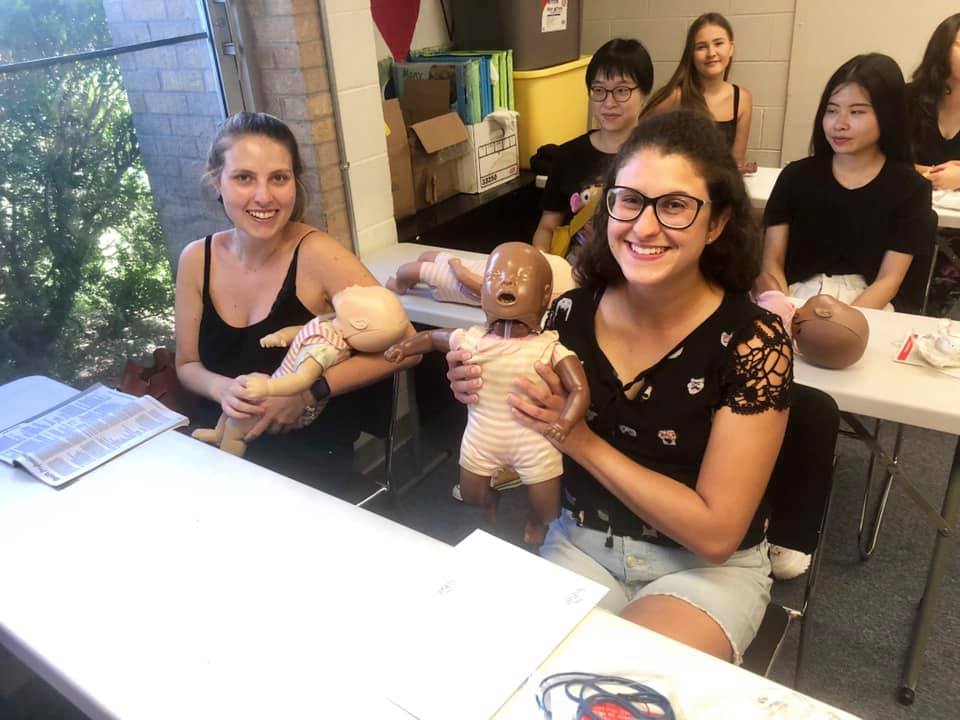 Classes are available through the Red Cross. Au Pair in America will pay for the cost of a class providing an au pair has at least six months left on her visa and is taking one of several approved childcare/child safety-related classes, such as Adult and Pediatric First Aid/CPR/AED. Au pairs should check with their community counselor and host family before signing up. Au Pair in America will register the au pair directly.
Classes are available through the Red Cross. Au Pair in America will pay for the cost of a class providing an au pair has at least six months left on her visa and is taking one of several approved childcare/child safety-related classes, such as Adult and Pediatric First Aid/CPR/AED. Au pairs should check with their community counselor and host family before signing up. Au Pair in America will register the au pair directly.